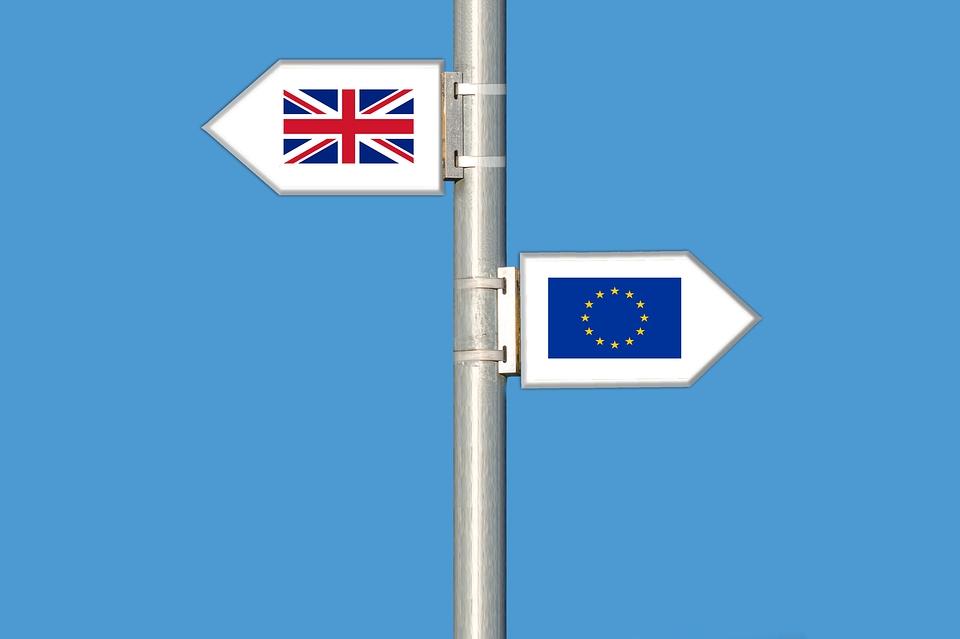Candriam: “Brexit” uncertainty here to stay
Candriam: “Brexit” uncertainty here to stay

As broadly expected, the Meaningful Vote on the Withdrawal Agreement was not passed by the British House of Commons yesterday evening. While a rejection was expected by most market participants, the defeat was much larger and the leader of the opposition, Jeremy Corbyn, immediately asked for a no-confidence motion.
As broadly expected, the Meaningful Vote on the Withdrawal Agreement was not passed by the British House of Commons yesterday evening. While a rejection was expected by most market participants, the defeat was much larger and the leader of the opposition, Jeremy Corbyn, immediately asked for a no-confidence motion.
1. The vote
As broadly expected, the Meaningful Vote on the Withdrawal Agreement did not pass the House of Commons yesterday evening. The deal that Prime Minister Theresa May negotiated with the European Union got only 202 Yes-votes against 432 No-votes (118 members of the Tories – from both the leave and the remain wings – voted against the Withdrawal Agreement). While a rejection was expected by most market participants, the defeat was much larger and is a huge blow to Theresa May, who, however, made it clear that she would not resign, but that what happened now was more important.
2. What's next?
Immediately following the vote, Labour leader Jeremy Corbyn asked for a motion of no confidence. If he wins (which is unlikely after the Democratic Unionist Party said it would back Theresa May), the government will fall and elections will follow. Labour is leading the polls, but only by a small margin.
Assuming she survives the no-confidence vote, Theresa May now has 3 working days in which to come up with a Plan B for Parliament. She could try to obtain more guarantees from the EU on an end-date for the Irish backstop. She could also propose to delay the “Brexit”-date, but this would have to be approved by all EU member states. Parliament could try to take back control in order to avoid a hard “Brexit”. A majority of MPs composed of Labour MPs and Tory Remainers is against a hard “Brexit”. This majority has already managed to pass two amendments making it less likely. Those MPs could propose a second referendum. It is not certain, however, that Parliament would back such a proposal. Besides, both Theresa May and Jeremy Corbyn are also against it. Another possibility could be to tweak the political declaration on future ties between the EU and the UK in the direction of a “soft” final deal (the UK staying in the customs union and partly in the single market). This would solve the Irish backstop issue without having to change the Withdrawal Agreement. Even if a majority in Parliament opposes a hard “Brexit”, a majority in favour of an alternative scenario is, however, still to be found. The tail-risk is that there will be no majority for a new referendum, neither for a “Brexit”-light scenario nor for the revocation of Article 50. This would lead to a hard “Brexit” by accident despite a majority of MPs wanting to prevent it.
3. Lingering uncertainty to weigh on growth
While we continue to believe that, in the end, a hard “Brexit” should be avoided, the main consequence of yesterday’s vote is that uncertainty is likely to stay for at least another couple of weeks. This will weigh on growth. Some will point out that uncertainty has been around for a couple of months already but has not prevented UK growth picking up or the manufacturing PMI continuing to rise throughout January.
This strength, which contrasts with the weakness observed in continental Europe, is, however, misleading. Since the beginning of 2018, only inventories have made an increasingly positive contribution to growth, with government and companies accumulating inventories to prepare for a hard “Brexit”. For the last two years, uncertainty has weighed heavily on firms’ investment and business investment growth, which has been trending to 0. Moreover, despite the strength of the labour market – wage growth of over 3% and unemployment at 4.1% – household spending has remained sluggish. Against such a background, yesterday’s vote further extends the period of uncertainty the UK economy is undergoing. Given the now high level of inventories, this will have a negative impact on activity in the coming quarters.






